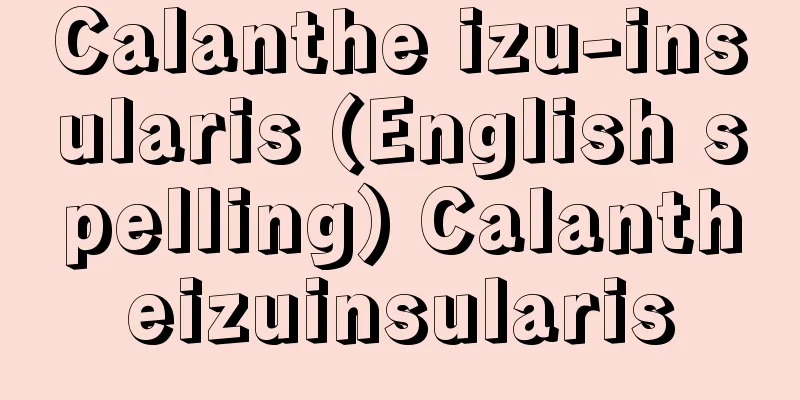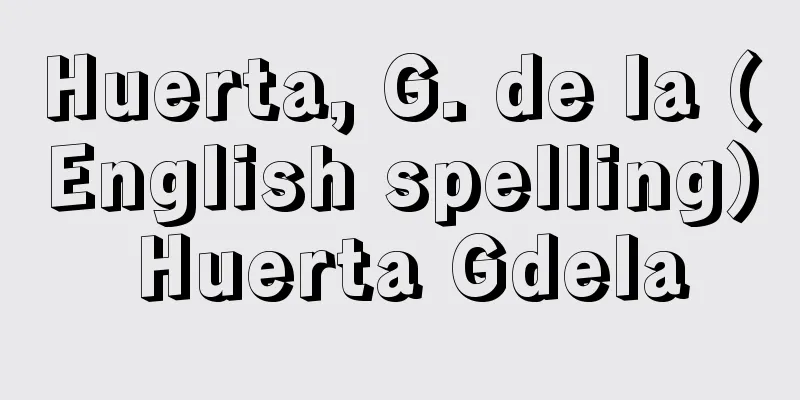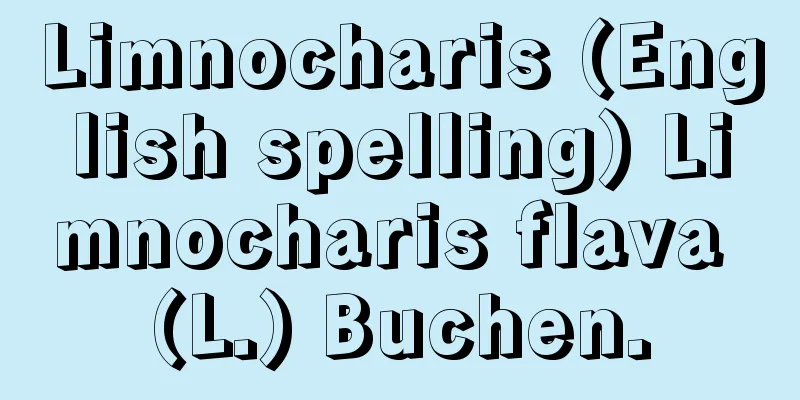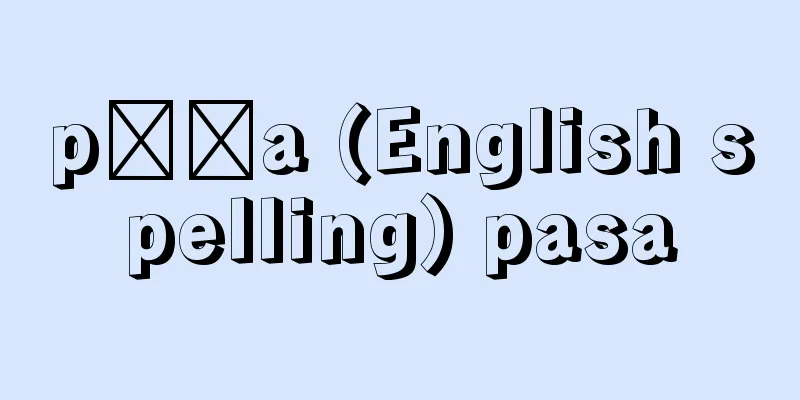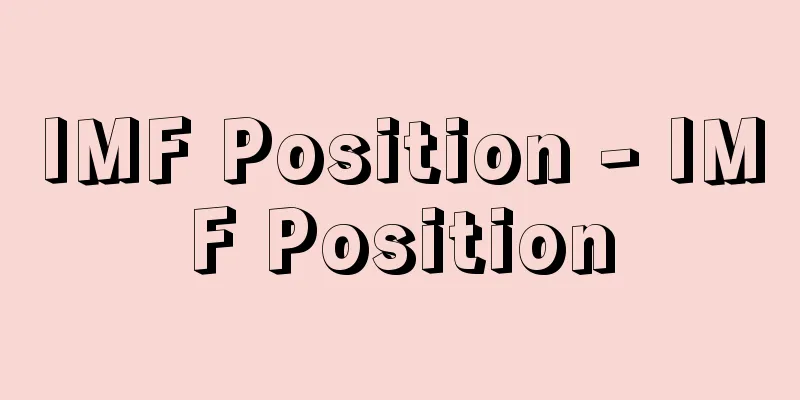Guy de Maupassant

|
French author. He wrote novels, plays, poetry, and current affairs essays, but is primarily known as a short story writer. He was born on August 5th on the coast of Normandy in northwestern France, but there are various theories about his exact birthplace. His father, Gustave, was a stockbroker, and his mother, Laure, was also literary and the sister of Flaubert's best friend, Alfred le Poittevin. This later became the catalyst for the teacher-student and friendship between Flaubert and Maupassant. With a father who barely paid any attention to the family and a somewhat neurotic mother who was partial to her children (Maupassant had a younger brother, Hervé, who was five years younger than him), Maupassant is said to have spent his childhood running freely through the mountains and fields and going on long swims with the children of fishermen and farmers. When the Prussian-French War broke out in 1870, Maupassant, who was then a student at the Faculty of Law at the University of Paris, also went to war and experienced the war in Normandy, where the Prussian army had invaded. He was discharged in 1871, and the following year he went to Paris and got a job at the Ministry of the Navy. He worked at the government office during the day, and in the evenings and on holidays, he enjoyed his favorite boating, either alone or with friends. He eventually tried to write poetry and novels, and through his mother he sought the guidance of Flaubert. In 1878, he was transferred to the Ministry of Education, also through Flaubert, and his work became a little easier, but for the next 10 years until 1880, he literally worked himself to the bone, boating and studying literature, while spending most of his time at the government office. Meanwhile, from around 1875, through Flaubert, he gradually began to associate with famous writers of the time, such as Goncourt and Zola, and the young men who had gathered around them, who were aspiring writers. Evenings at Medan, published in 1880, was an attempt by young writers (Huysmans, Henri Céard (1851-1924), Paul Alexis and others) to use Zola's name as a springboard to attract public attention with a challenging work, but Maupassant's contribution to this collection of works, The Fat of a Thousand, was seen as superior to the works of other writers, including Zola, and marked Maupassant's arrival in the literary world. Flaubert, who had guided him warmly and sometimes sternly up until that point, also praised his protégé's work as "a masterpiece that will remain for generations to come," and passed away in May of the same year. After that, Maupassant signed contracts with the conservative daily newspapers Gaulois and Gilles Bras, which also had a strong literary section, left his government job, and began contributing short stories and commentary to them at the rate of about one each per week, as well as serializing full-length novels such as A Woman's Life (1883) and Bel Ami (1885). Maupassant's childhood outdoors and subsequent boating give the impression of being physically robust. However, from his youth he had to constantly fight a terrible illness. In letters to Flaubert and his mother during his time as a civil servant, he already complained of eye problems and hair loss, which eventually spread to his entire body and caused mental disorders, despite chemotherapy and treatments at hot springs in various places. Today, it is almost certain that his illness was caused by congenital and acquired syphilis. After attempting suicide with a razor on New Year's Day 1892, he entered the psychiatric hospital of Dr. Antoine Emile Blanche (1828-93) in Paris, where he died on July 6, 1893. He was only 42 years old. [Makoto Miyahara] Characteristics of the workMaupassant's main works include "A Woman's Life" and "Bel Ami," as well as other long novels such as "Montreal" (1887), "Pierre and Jean" (1888), "Strong as Death" (1889), and "Our Hearts" (1890), as well as about 300 short stories, about 150 current affairs essays, three travelogues, one collection of poems, and three plays. His works are classified as part of the naturalist literature represented by Zola and Goncourt, but rather than setting up a novelistic world with a grand concept and introducing imaginary characters into it, he gives the impression of presenting to readers almost directly what he experienced and observed in his daily life. This is why many of the short stories he contributed to daily newspapers are almost indistinguishable from current affairs essays. Moreover, his subjects are limited to the world that he could see directly, and he consistently deals with farmers and fishermen in Normandy, officials in Paris, and later men and women in high society, victims of war, and the anxiety and fear that accompanies the progression of illness and attempts to escape from it. Of course, this impression of a direct presentation of the results of his observations is supported by sophisticated technique, and some people consider Maupassant to have perfected a certain type of short story technique. In any case, it can be said that Maupassant left behind many works that effectively convey the oppressive atmosphere of a slice of French society in the second half of the 19th century. In Japan, Maupassant's works began to be translated into English around 1901 (Meiji 34), and influenced such naturalist writers as Tayama Katai, Shimazaki Toson, and Nagai Kafu. [Makoto Miyahara] Short storyMaupassant, a master of short story writing, wrote many books, including "Maison Tellier" (1881), "Mademoiselle Fifi" and "The Snipe" (both 1883), "Clair de Moon", "The Sisters Londoli", "Yvette" and "Miss Harriet" (all 1884), "Old Man Toine" (1886), "Le Horla" (1887), "Madame Husson's Prize for Good Behavior" (1888), and "The Adversary's Beauty" (1890). Eighty years after his death, all of Maupassant's short stories have been collected and published in France in two volumes of the Pleiades series. As with many of the works in the series, the publication dates, variants, and notes for each story have been reexamined and many notes have been added. This is in a sense a reevaluation of Maupassant's work, and at the same time, it means that Maupassant's writings are no longer understandable as they are, even for his fellow countrymen. This does not only apply to external things such as the names of farm tools or place names used in the Normandy countryside, but also to some extent to the behavior and psychological reactions of the characters depicted by Maupassant. In fact, it is questionable to what extent stories such as the woman who, because her husband cannot buy her a heater, purposely stays out in the snow almost naked for long periods of time, thereby contracting pneumonia and thus rebelling against her husband, albeit passively ("First Snow"), or the Normandy peasant woman who gets her paralyzed husband to incubate eggs and hatch chicks in order to save money ("Old Man Toine"), appear to modern eyes in their original form as plausible, or as stories that elicit sympathy or laughter. Furthermore, the somewhat proud portrayal of provincial or Parisian people to the reader, based on observations that are generally considered calm and objective, as if they were some kind of rare race, may often give the impression of being somewhat old-fashioned, given the sense of intelligence. Despite this, why is Maupassant's work still read in France and abroad? For example, let's look at some of Maupassant's short stories that use war as a theme. The watchmaker and haberdashery owners who are shot for casting their fishing line when they suddenly feel as if they have returned to a time of peace ("Two Amigos"), and the farmer who kills enemy soldiers occupying villages one after another to avenge his son who was killed in battle ("Old Miron") are certainly not unrelated to the modern world. The massacres of those days may have been smaller in scale than those of today. However, there are many examples, both in the past and present, of powerless individuals being powerlessly crushed by enormous powers that transcend the individual. At such times, Maupassant's voice, which denounces war from an individual standpoint, is still moving even today. This can also be said of the dramas that the farmers and Parisians depicted in Maupassant's works encounter in their seemingly peaceful lives. He subtitled A Woman's Life "A Small Truth," and in many of his short stories we can still relate to the "small" tragedies and comedies of his "small" characters. [Makoto Miyahara] "The Complete Works of Maupassant, translated by Shinjo Yoshiaki et al., 3 volumes (1965-66, Shunyodo Shoten)" ▽ "The Short Stories of Maupassant, translated by Aoyagi Mizuho, 6 volumes (Shincho Bunko)" ▽ "Flobel and Maupassant, by Nakamura Mitsuo (1948, Chikumashobo)" ▽ "Maupassant, the Shooting Star Man - His Life and Art, by Otsuka Yukio (1974, Hakusuisha)" [References] | | | | |Source: Shogakukan Encyclopedia Nipponica About Encyclopedia Nipponica Information | Legend |
|
フランスの作家。長編小説、戯曲、詩集、時事評論文も残したが、主として短編小説家として知られている。8月5日、フランス北西部ノルマンディー地方の海岸部で生まれたが、詳しい出生地については諸説がある。父ギュスターブは株の仲買人、母ロールは文学的教養もあり、フロベールの親友アルフレッド・ル・ポアトバンAlfred le Poittevinの妹だった。のちにそれが機縁となって、フロベールとモーパッサンの師弟・友情関係が生まれる。家庭をほとんど顧みない父と、子供たち(モーパッサンには5歳違いの弟エルベがいた)を偏愛するやや神経質な母のもとで、モーパッサンは漁民、農民の子供たちと自由に山野を駆け巡ったり、遠泳に出たりして幼少年時代を送ったといわれる。 1870年、プロイセン・フランス戦争が始まると、当時パリ大学法学部に在籍中だったモーパッサンも出征、プロシア軍が侵入してきたノルマンディー地方で、戦争を体験した。71年除隊、翌年パリに出て、海軍省に就職。昼間は役所勤め、夜と休日は、ひとりで、あるいは友人たちと、大好きなボート遊びに興じた。やがて詩作、小説の創作を試み、母を通じてフロベールの指導を仰ぐことになる。78年、同じくフロベールの世話で文部省に移り、勤務はやや楽になったが、その後の80年までのほぼ10年間、彼は大部分の時間を役所勤めにとられながら、ボート遊びと文学修業に文字どおり骨身を削る。一方、75年ごろから、フロベールを通して、当時の著名作家ゴンクールやゾラ、またその周辺に集まっていた作家志望の青年たちともしだいに交際するようになっていった。80年に発表された『メダンの夕べ』は、ゾラの名前を踏み台に、挑戦的な作品で世間の注目を集めようとする文学青年たち(ユイスマンス、アンリ・セアールHenri Céard(1851―1924)、ポール・アレクシスら)の試みだったが、この作品集にモーパッサンが寄せた『脂肪の塊(かたまり)』は、ゾラも含めた他の執筆者の作品に勝るものとして、モーパッサンの文壇への登場のきっかけとなった。これまで彼を温かく、ときに厳しく導いてきたフロベールも、弟子の作品を「後世に残る傑作」と激賞し、同年5月に世を去っている。 それ以後、モーパッサンは、文芸部門にも力を入れていた保守的傾向の日刊紙『ゴーロア』『ジル・ブラス』と契約を結び、役所勤めもやめ、ほぼ週にそれぞれ1作ずつの割合で短編小説、時事評論文を寄稿、また『女の一生』(1883)、『ベラミ』(1885)などの長編小説を連載している。 モーパッサンは、幼少年時代の野外での生活、その後のボート遊びなどから、身体的にきわめて頑健だった印象を与える。しかし一方で彼は、若いころから絶えず恐ろしい病気と闘わねばならなかった。役人時代にフロベールや母に宛(あ)てた手紙にも、すでに目の失調や脱毛を訴えるものがみられ、やがてそれは化学療法、各地の温泉での治療にもかかわらず、全身を冒し、精神に障害をきたしていく。今日ではほぼ確実に、先天性かつ後天性梅毒によるものと考えられている。1892年元日、かみそり自殺を計ったあと、パリにあるブランシュ博士Antoine Emile Blanche(1828―93)の精神科病院に入り、翌93年7月6日、そこで世を去ることになる。42歳の若さであった。 [宮原 信] 作品の特質モーパッサンのおもな作品には、『女の一生』『ベラミ』のほか、『モントリオール』(1887)、『ピエールとジャン』(1888)、『死の如(ごと)く強し』(1889)、『我らの心』(1890)などの長編、短編約300、時事評論文約150、旅行記3冊、詩集1冊、戯曲3編があり、ゾラ、ゴンクールなどで代表される自然主義文学のなかに系列づけられるが、彼の場合、大きな構想をもった小説世界を設定し、そこに想像上の人物を登場させていくというより、自身が日常体験し、観察したものを、ほとんど直接に読者の前に提出している印象を与える。日刊紙に彼が寄稿した短編小説には、時事評論文とほとんど見分けがつかないものが少なくないのは、そのためである。 またその題材も直接目に触れえた世界に限られ、ノルマンディー地方の農漁民、パリの役人、のちには社交界の男女、戦争の犠牲者、そして病気の進行に伴う不安・恐怖、それからの脱出の試みなどが、一貫して扱われている。むろん、こうした観察結果の直接提示という印象は、精巧な技法に支えられており、モーパッサンを短編技法のあるタイプの完成者と考える人もいる。いずれにせよ、モーパッサンは、19世紀後半のフランス社会の一断面について、その重苦しい雰囲気をよく伝える作品を多く残したといえよう。 日本でもモーパッサンの作品は、1901年(明治34)ごろから英訳を通して翻訳され始め、田山花袋(かたい)、島崎藤村(とうそん)、永井荷風(かふう)ら、自然主義の作家たちに影響を与えた。 [宮原 信] 短編短編作家の名手モーパッサンには、『メゾン・テリエ』(1881)をはじめ、『フィフィ嬢』『山鴫(やましぎ)』(ともに1883)、『月の光』『ロンドリ姉妹』『イベット』『ミス・ハリエット』(いずれも1884)、『トワーヌ爺(じい)さん』(1886)、『ル・オルラ』(1887)、『ユッソン夫人の善行賞』(1888)、『あだなる美貌(びぼう)』(1890)などの短編集がある。 死後80年たって、本国フランスでもモーパッサンの全短編が『プレイアード叢書(そうしょ)』2巻に収録され、出版された。同叢書の多くがそうであるように、各作品の初出年月日、バリアント(異本)、注が再検証され、多くの注を伴っている。これは、ある意味でモーパッサンの作品の再評価であると同時に、同国人にとってもモーパッサンの記述が、そのままでわかるものではなくなってきたことを意味しよう。それは単に、ノルマンディーの田舎(いなか)で用いられていた農耕具の名称、あるいは地名といった外面的なものに限らず、モーパッサンによって描かれている人物の行動や心理的反応そのものについても、ある程度あてはまるといえよう。事実、夫に暖房器具を買ってもらえないので、わざと雪の中にほとんど裸で長時間とどまり、肺炎にかかることによって、消極的ではあるが夫に反抗する女性(『初雪』)とか、節約のため中風(ちゅうぶ)の夫に卵を抱かせて雛(ひな)をかえさせるノルマンディーの農婦(『トワーヌ爺さん』)といった存在が、そのままの形でどの程度、現代人の目に、ありそうなこと、あるいは、同情や笑いを誘う話として映るかは疑問である。さらに、一般に、冷静、客観的といわれる観察によって、地方の、あるいはパリの人間を、なにかもの珍しい人種でもあるかのように、読者にやや得意気に描いてみせる態度も、才気を感じさせるだけに、なにか古めかしい印象を与えることも少なくないだろう。 それにもかかわらずモーパッサンが、フランスでも外国でも読まれ続けているのはなぜだろう。たとえば、モーパッサンが戦争に題材を仰いだ短編をみよう。ふと平和なときに戻ったような気がして、釣り糸を垂れたがために銃殺されてしまった時計屋、小間物屋の主人たち(『二人の友』)、戦死した息子の復讐(ふくしゅう)のため次々と村を占領している敵兵を殺していく農夫(『ミロン爺さん』)の存在は、けっして現代の世界と無縁ではないだろう。当時の殺戮(さつりく)は、現代のそれと比べて規模の小さいものだったかもしれない。しかし、無力な個人が、個人を超えた途方もない力の前に、無力に踏みにじられていく例は、今も昔も少なくない。そんなとき、あくまで個人の立場から戦争を糾弾するモーパッサンの声は、いまでも感動的である。これは、モーパッサン描く農民、パリ市民が一見平和な生活のなかで遭遇するドラマについてもいえるだろう。彼は『女の一生』に「ささやかな真実」という副題をつけたが、短編の多くについて、いまなお、われわれはその「ささやかな」人物の「ささやかな」悲喜劇を身近なものとして受け取ることができるのである。 [宮原 信] 『新庄嘉章他訳『モーパッサン全集』全3巻(1965~66・春陽堂書店)』▽『青柳瑞穂訳『モーパッサン短篇集』全6冊(新潮文庫)』▽『中村光夫著『フロオベルとモウパッサン』(1948・筑摩書房)』▽『大塚幸男著『流星の人モーパッサン――生涯と芸術』(1974・白水社)』 [参照項目] | | | | |出典 小学館 日本大百科全書(ニッポニカ)日本大百科全書(ニッポニカ)について 情報 | 凡例 |
>>: Battle of Mohács - Battle of Mohács
Recommend
Paragonite
...Mica that contains divalent cations such as Ca...
Anti-crease finish (anti-wrinkle finish)
This refers to a process that makes fabric less su...
Radium - radium (English spelling)
It belongs to Group 2 of the periodic table and i...
Glucose (dextrose) - Grape sugar
D-glucose is also called glucose and is the most r...
Nine Old Men - Nine Old Men
...Subsequently, there have been rulings on uncon...
Digital
...An annual grass of the grass family commonly f...
Red porcelain (English: hóng táo)
A term used in Chinese archaeology to distinguish ...
Collotype (English spelling)
A high-end photographic printing method, especiall...
Sozialdemokratische Arbeiterpartei (English notation) Sozialdemokratische Arbeiterpartei
…But even here the tendency for workers to become...
Weekly News
...After Gutenberg's invention of movable typ...
Bazin, Hervé
Born: April 17, 1911, Angers [Died] February 17, 1...
Appraisal
Generally speaking, it refers to determining the ...
Racial issues
Racial issues are those that attach universal and ...
ODA Outline - ODA Outline
...However, in the 1980s, the trend toward "...
Grace - charis; gratia; grace
Grace, grace, or favor. A fundamental concept in C...
